UP TO THE MINUTE
Protecting Workers: Personal Protective Equipment (PPE) for a Safe Workplace – Part One

By John Kenney, Cotney Consulting Group.
Personal protective equipment (PPE) plays a critical role in protecting workers from harm on the jobsite. John Kenney discusses the importance of PPE and how to protect youself from harm by taking proper precautions.
Protecting workers from hazards in the workplace is crucial to ensuring their safety and well-being. While providing protective equipment is one way to protect workers, it may not always be the best solution, as it depends on the employee wearing the equipment properly when needed. The Occupational Safety and Health Administration (OSHA) provides guidelines for protecting workers from hazards, including those related to personal protective equipment (PPE).
OSHA's 29 CFR, Part 1926, Subpart E: Personal Protective and Life Saving Equipment is the primary source for these hazards and requires employers to implement a PPE program that includes assessing the workplace for hazards, requiring employees to wear selected PPE, informing employees why the PPE is necessary and how and when it must be worn, selecting appropriate PPE to protect employees only for hazards not eliminated, using engineering and work practice controls to eliminate or reduce hazards by using PPE, training employees to use and care for their PPE, including recognizing deterioration and failure, and conducting a Job Hazard Analysis to assess workplace hazards.
Engineering and work practice controls are much more efficient than using PPE. There are several ways to use engineering controls first to control or eliminate hazards, including substituting less harmful substances for harmful substances, isolating the task by using such things as barriers or guards or lockout or tagout of energy sources, using ventilation to remove the hazard and modifying a piece of equipment to control or eliminate hazards. If the company cannot implement engineering controls, then the company should use work practice controls. This option includes changing work habits, improving sanitation and hygiene practices or changing job procedures.
Only when other control methods cannot be used should workers use PPE. Only use PPE that meets the American National Standards Institute standards for the piece of equipment. Always develop a standard operating procedure or policy letter outlining the job hazard analysis results and ensuring everyone understands the hazards and how to control them.
When selecting PPE, providing the right equipment for the hazards is essential. Head protection protects the workers from falling objects, hitting their heads against objects, and preventing contact with exposed electrical wiring or charged components. Foot protection protects the foot or, more precisely, the toes, heel, sole or foot bones. Foot protection is also used to prevent slipping and to control electrical conductivity.
There are several classes of hard hats, and it is crucial to provide the right kind. Foot protection is also called footwear, shoes, or boots. When any of the following hazards have been identified, foot protection provides protection: hot surfaces, wet surfaces, static electricity, slippery surfaces, splashing molten metal, sharp objects such as nails or spikes and heavy objects that might roll onto or fall on the workers' feet. Footwear also provides metal insoles to protect against puncture wounds from stepping on objects that might puncture the sole and injure the foot. It is essential to provide fashionable, stylish and comfortable footwear.
Workers must be trained on the hazards, how the PPE protects the worker, how to maintain and clean the PPE, and how to replace it if damaged. It is important to replace damaged PPE when damaged. Finally, workers must be trained on the hazards and how the PPE provides protection. They must be trained to maintain and clean the PPE and how to replace them if they are damaged.
Eye protection is crucial in protecting workers from various work-related hazards, including impacts, splashes of chemicals, dust and burns from radiant light. Eye protection equipment includes glasses, goggles and face shields. It is important to note that ordinary glasses do not provide sufficient eye protection. Therefore, as ANSI standards recommend, protective glasses must provide direct and side protection. It is also essential to use side protection or shields when working outdoors, to protect against UV radiation, which is most prevalent between 10:00 a.m. and 3:00 p.m. Experts recommend using sunglasses that meet the standards set by the Food and Drug Administration and ANSI Standard Z80.3-2010.
In part two, we will continue learning about the critical PPE in protecting workers from identified hazards on your job sites.
Learn more about Cotney Consulting Group in their Coffee Shop Directory or visit www.cotneyconsulting.com.
About Cotney Consulting Group
Unlike other “business” consultants, Cotney has 65+ years’ experience solving the problems of roofing companies. With real experience running 8-figure, multi-million dollar companies, our consultants did not learn about business consulting from a book — we have experienced the same problems that you have, solved them and moved on to create a storied history of success. We can share our experiences with you and help you achieve success. Learn more at www.cotneyconsulting.com.



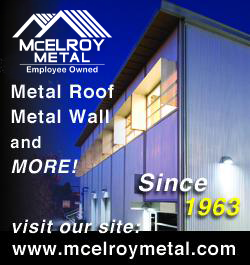

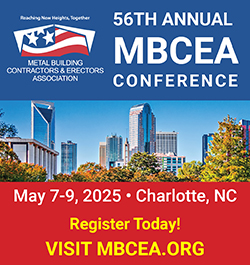






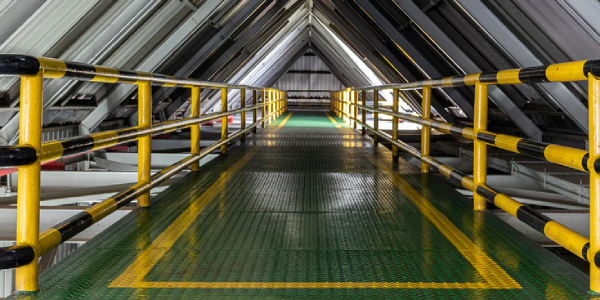
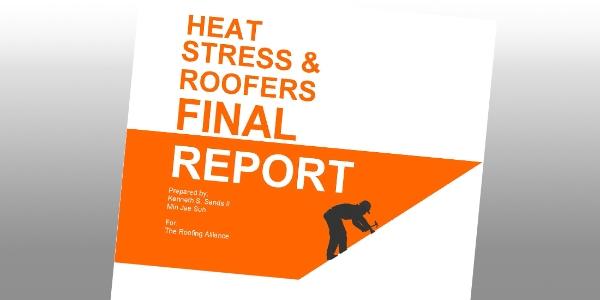
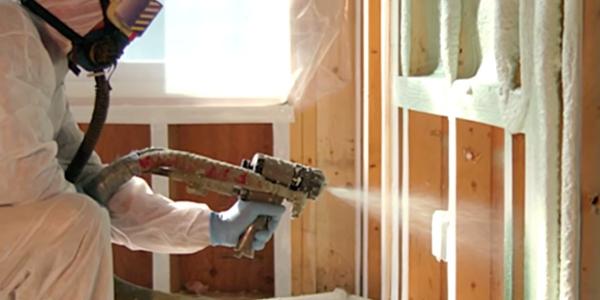




Comments
Leave a Reply
Have an account? Login to leave a comment!
Sign In